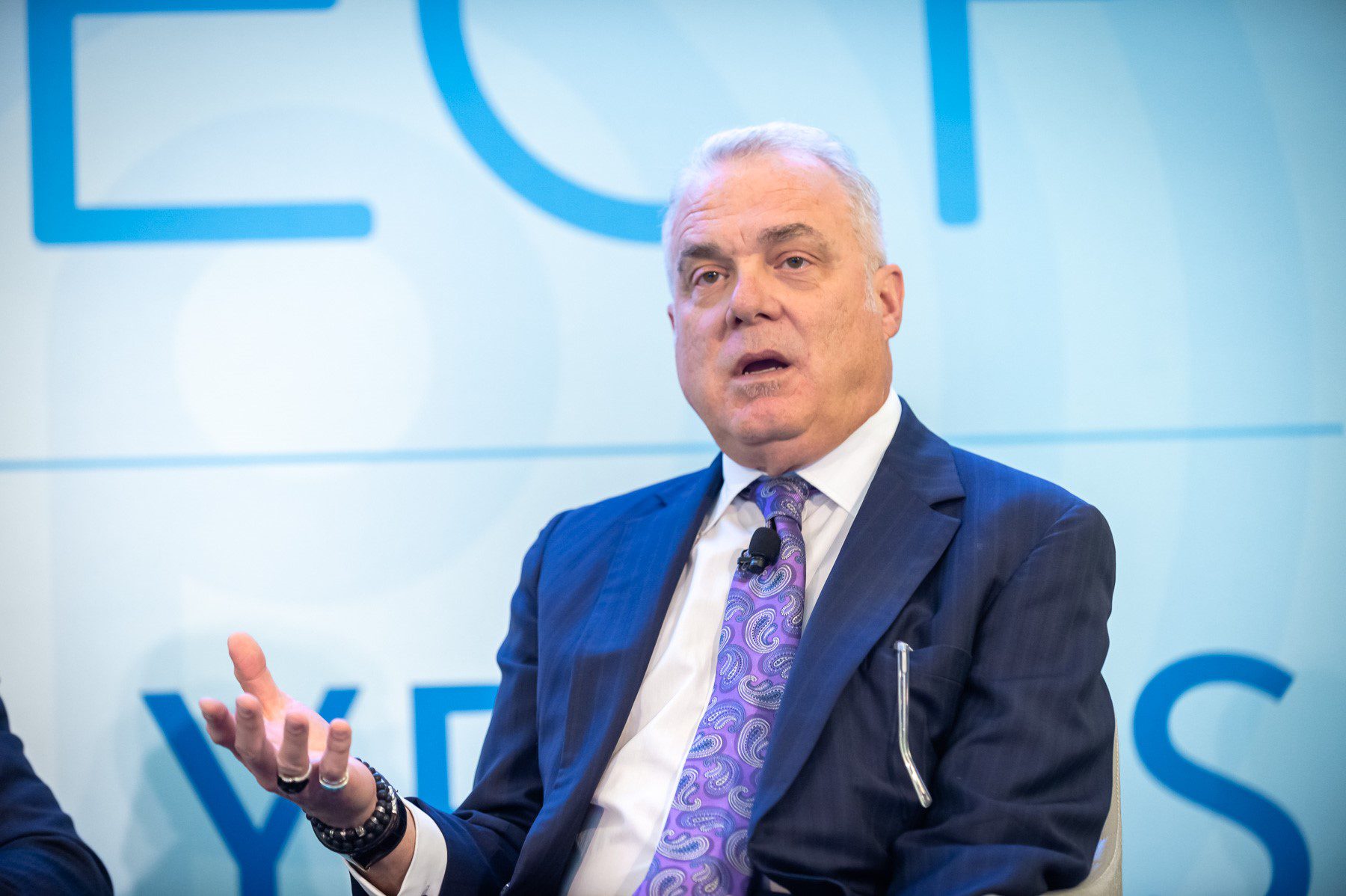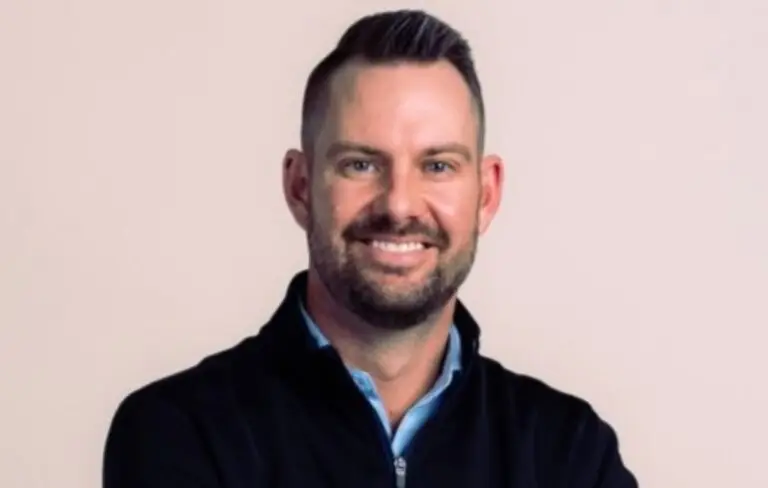
At the Chief Executives for Corporate Purpose (CECP)’s annual “Board of Boards” event, which also included a CEO Investor Forum on ESG, former Aetna CEO Mark Bertolini entertained audiences at a lunch keynote panel by comparing the U.S. health system to the auto industry.
“We have a warranty system in this country. Just like you have a warranty for when your car breaks…we have a health system that waits for humans to break,” Bertolini said. Rather than getting in front of health problems, the health system waits for people to come to them with their problems.
Medtronic CEO Omar Ishrak, who joined Bertolini on the panel alongside Johnson & Johnson CEO Alex Gorsky and Siemens USA CEO Barbara Humpton, didn’t quite see eye to eye with Bertolini’s assessment. “When a car is under warranty and it breaks, you take it back to the dealer [and get it fixed without paying]. If you have a procedure and it doesn’t go right for some reason…if you go back to the hospital and get it looked at, you have to pay again. Or someone does and your copay goes up.”
Either way, both Ishrak and Bertolini agreed that the health system is not patient centered, which is the major reason people are increasingly facing crushing medical debt (even those with insurance).
Chief Executive got a chance to sit down and talk with Bertolini on how CEOs can improve the cost of care and employee wellness at their own companies, how he got into yoga, why the CVS deal was the right move for Aetna and more. Below are excerpts from this conversation.
I loved what you said up there about the warranty system. From a CEO’s perspective, healthcare is a huge investment at every company. How do you begin to put a dent in those costs and start making a difference in improving employee wellness and lowering costs, pertaining to what you guys were talking about on stage?
First, it should be looked at as an investment and then you should decide whether or not that investment is appropriate. I think in healthcare we conflate financing and investment all the time. As business people are always taught, you have to separate the investment decision from the financing decision. You would never buy a car by saying I have $250 a month. What kind of car can I have? You’d get a lousy car. You have to walk in and say, here’s what I want in a car and then you find the answer. You never tell them if you’re going to do a loan, cash or trade in. You have to say, “This is what I want. How much does cost?”
What I did inside of that is I said, “Why are we making these investments? What do we expect the return to be? Does it matter? Doesn’t it matter?” We did that for all of our benefits. For people under 300% of the federal poverty level in 2015, we said if you engage with us based on six months of your own work of understanding your health and then engage in subsequent programs that support that health, like disease management programs, we will waive your out of pocket costs… if you’re under 300% of the federal poverty level. So we created a social contract with our employees, which had a dramatic effect on our costs.
So we were always looking for the unintended consequences of doing what most employers do. You know, it’s going up by 10%, I can only afford four. That means we’ve got to give more deductibles and more out of pocket. So we looked at it, we spent a lot of time with it and not only included health benefits, but it included our college tuition program, our student loan repayment program, our time off policy, all those sorts of things. And when we did that, we said, “Does this basket of goods create for us in the employee a more engaged employee? And a more present employee who will ultimately help us keep customers.”
I know you are big into yoga. On a personal level, I know yoga has improved your health…but from an initiative standpoint, this seems like something simple that a company could do to increase employee wellness and ultimately lower healthcare costs.
The journey we had at Aetna, which is in retrospect, wasn’t the vision when we started it, is that I was using yoga and mindfulness for my ski injury and my pain as a way of avoiding opioids. It worked so well for me that I said, “Wow I wonder if this would work well with our employees.” And so I said to my team one day during a staff meeting, “Let’s do yoga and mindfulness for all of our employees.” And they all nodded politely because I was the president at the time. I wasn’t CEO yet.
And about an hour later the chief medical officer came in and said, “This is crazy stuff. This is like Voodoo medicine.” I said to him, “You’re a clinician, what would convince you that it worked or didn’t work?” And he says, we need to do a double blind study. So we did. And so we created a double blind study with a control group and we did 12 weeks of yoga and mindfulness, different modalities, different approaches. And about two months after it was over, he came into my office and said, “You’re not going to believe this, but this really worked.”
We found that people that in the highest quintile of stress based on heart rate variability and cortisol levels, we were spending $2,500 a year more on healthcare than the average employee. The average employee was higher because of that. And so when we looked at the results, we actually saved $3,000 per employee for the people at the highest level. We saw 69 minutes more a month in productivity. We, saw more presentee-ism. But the most important part, which I think what led to the rest of the things we did, is we had everybody journal. And when we looked at what happened to families and how yoga saved a marriage and in one case saved a woman’s life, she was ready to kill herself. And the whole program costs us $179,000 for 800 employees.
Next page: Bertolini on the CVS and Aetna deal, plus why he’s a “radical” capitalist.







